Lifestyle & Entertainment
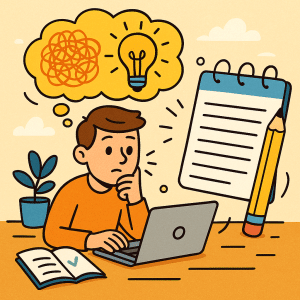
The Case for Low-Friction Thinking Tools
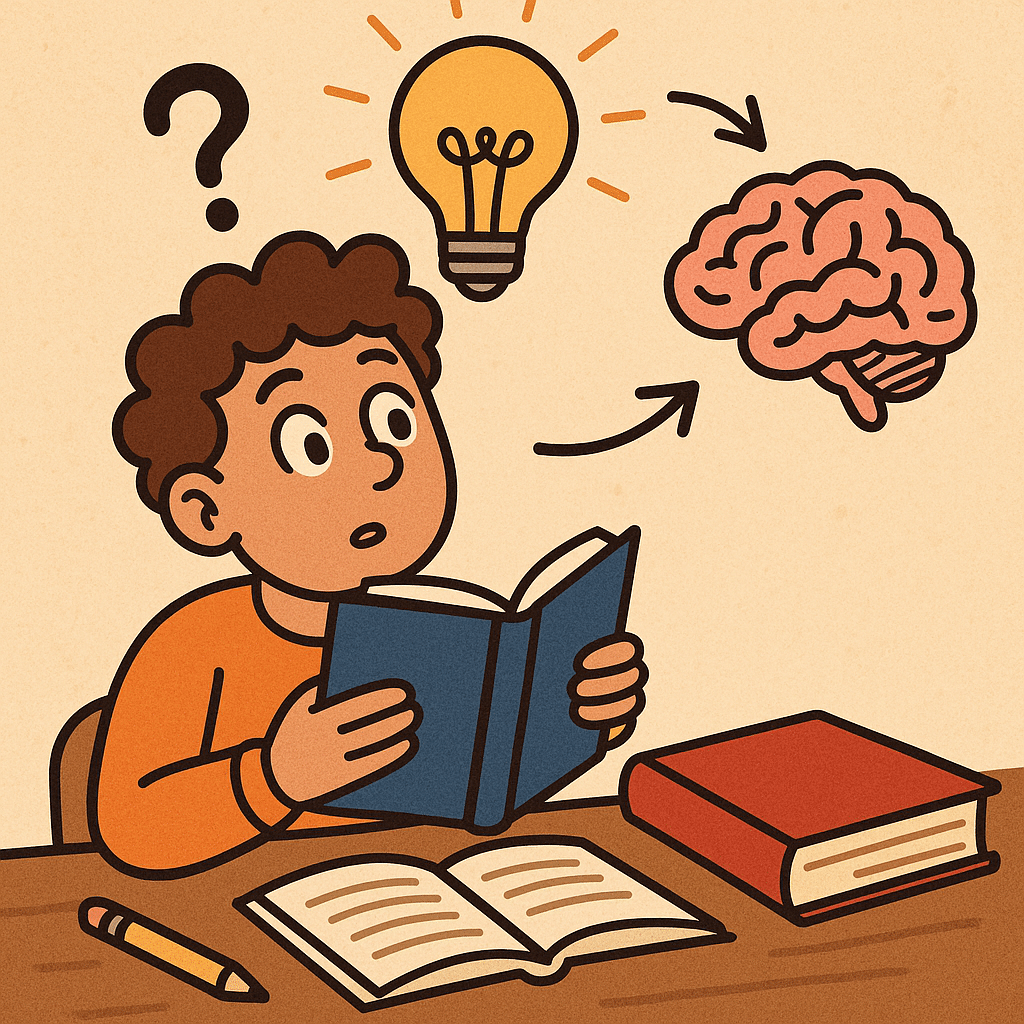
Curiosity shapes information retention by activating memory systems, keeping learners engaged—and the benefits extend far beyond the classroom. What is the Science Behind Learning Through Curiosity? Curiosity is more than an emotion—it’s a neurological trigger. When you’re curious, dopamine floods the brain’s reward centers (including the nucleus accumbens and ventral tegmental area), which enhances attention and primes memory circuits in the hippocampus. This creates a
Curiosity shapes information retention by activating memory systems, keeping learners engaged—and the benefits extend far beyond the classroom. What is the Science Behind Learning Through Curiosity? Curiosity is more than an emotion—it’s a neurological trigger. When you’re curious, dopamine floods...
Read more
Lifestyle & Entertainment

The Case for Low-Friction Thinking Tools
Business & Finance

How to Let Go of Ideas That No Longer Serve You
Lifestyle & Entertainment
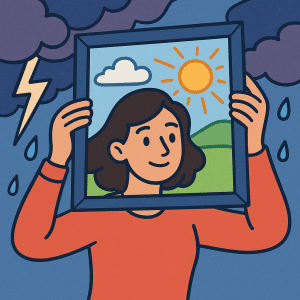
Why Reframing Is a Superpower
Lifestyle & Entertainment

How to Build Quiet Confidence Through Self-Study
Lifestyle & Entertainment

How to Organize Learning Without Overkill
Business & Finance

How to Use Internal Questions to Filter Content
Wellness & Beauty
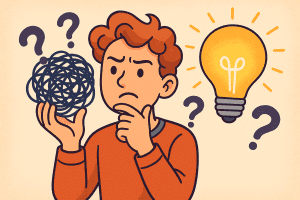
Why Confusion Is the First Step Toward Insight
Tech & Science

The Role of Space in Knowledge Retention
Business & Finance
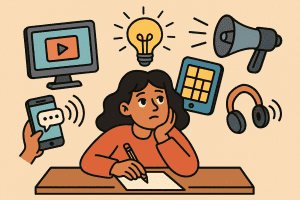
How to Stay Creative in a World Full of Input